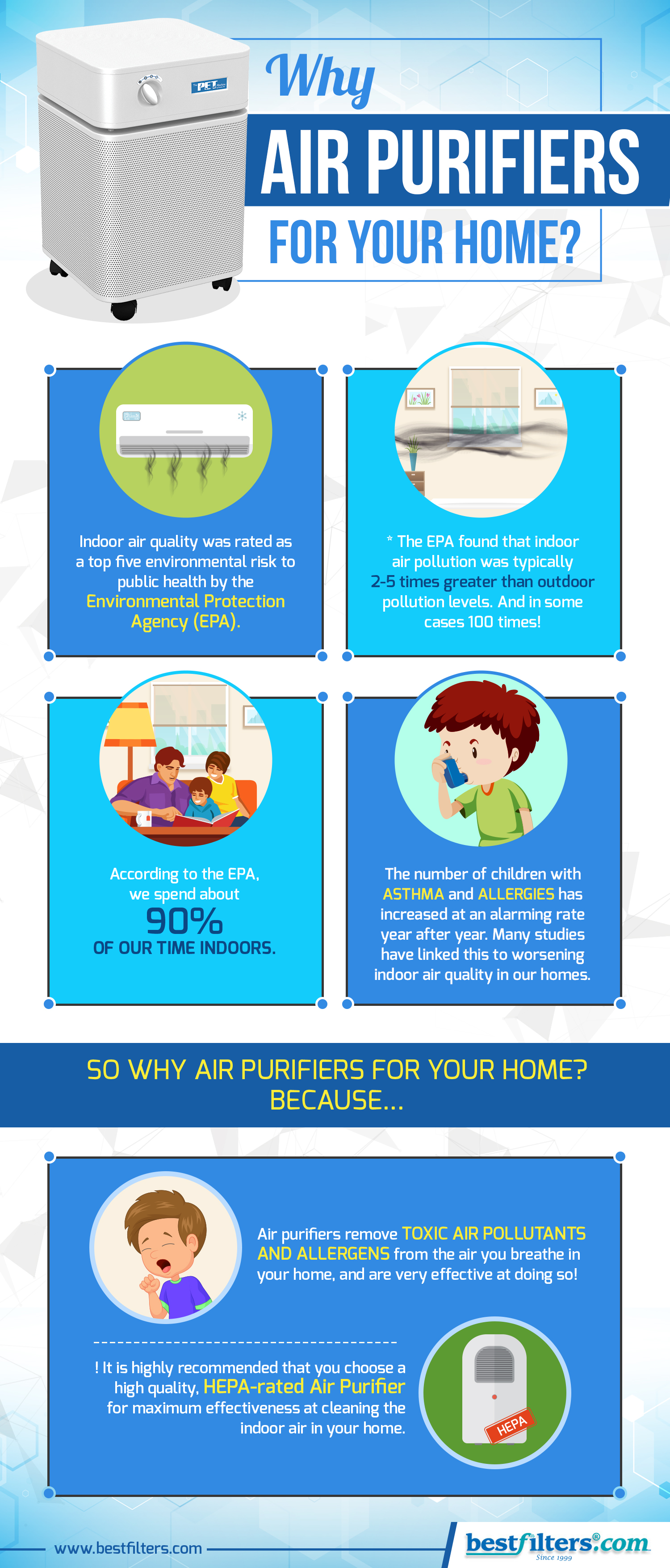Exploring The Environmental Benefits Of Warmth Pumps - A Lasting Heating Option
Exploring The Environmental Benefits Of Warmth Pumps - A Lasting Heating Option
Blog Article
Post Created By-Crabtree Zhou
In an age where sustainability and power performance are vital, several services look for environment-friendly home heating solutions. One such service is the heatpump.
A heat pump draws out the heat in its environments and pumps it into your home, resulting in among one of the most reliable environment-friendly main heater around. This procedure likewise produces no greenhouse gas exhausts, making it a highly sustainable technology.
Power Performance
Heat pumps are extremely energy efficient and require little maintenance. They make use of less electricity than various other heating systems and are without a doubt one of the most environmentally friendly. They work well with rooftop solar and can usually pay for themselves in utility financial savings alone.
They can additionally provide cooling, which is terrific for garage workshops, attic room hangouts and perk areas, and home additions without prolonging the existing ductwork. They can also be utilized for retrofits in existing homes with hydronic (water-based) circulation systems such as reduced temperature radiators or glowing floors.
Try to find models with SEER and HSPF rankings that meet or go beyond Canada's minimum requirements, along with the criteria in your area. Greater ratings mean better efficiency, which conserves you money in the future and reduces your carbon impact. You could also get approved for refunds and rewards! The most effective systems are those with a ground warmth exchanger for included efficiency. These systems can absorb thermal energy from the ground throughout the winter months and remove it in the summer season.
Lowered Greenhouse Gas Emissions
Heat pumps operate on electrical energy and basically transfer warm from the air, even when it's cold exterior. They are able to extract the complimentary heat caught in air bits and relocate them indoors, decreasing moisture while doing so.
Compared to gas furnaces, modern-day heatpump utilize less than one kilowatt of electricity per kilowatt of heating power they create. This makes them the most energy efficient heating option available with a COP (Coefficient of Performance) of 4 or even more. By slashing the demand for nonrenewable fuel sources, heat pumps help reduce greenhouse gas emissions and cut various other major air pollutants.
Structure decarbonization is a global vital, and the HVAC field is a key motorist of that procedure. Whether it's investor making web no dedications, policy makers establishing exhausts restrictions, or occupants demanding greener spaces, electrical heatpump are being acknowledged as a crucial service. They are a cost-efficient means to lower carbon emissions by removing the need for nonrenewable fuel sources in buildings.
Flexibility
Heat pumps can be made use of in lots of sorts of homes and structures-- with or without ducts. They deal with hot-water radiators, air-conditioning and programmable thermostats. They can change heaters or be mounted in new residences. They can operate on photovoltaic panels, geothermal systems and even area home heating sources like wastewater.
air conditioner installation at supplying more warmth per power unit. As an example, an air-source heat pump creates approximately 3 or even more home heating devices from each electricity unit it eats.
Getting the most from your heatpump will certainly rely on your environment area and quality of insulation. Search for versions with ENERGY celebrity scores and contrast their SEER or HSPF specifications. In aircon service , concentrate on SEER; in cooler areas, take into consideration a system with a greater HSPF score. Additionally, purchase air securing and insulation to lower the lots on your heat pump. That will certainly improve energy performance and assist you reach your Web Absolutely no objectives quicker.
Biomass Boilers
Biomass central heating boilers use wood pellets, chips or logs to produce warmth and warm water. They are a good choice for off-grid properties or those that intend to leave the gas grid.
As a standalone heating system, biomass can give enough power to keep your home cozy all year round without the typical heat drop off of other eco-friendly technologies. They can also be utilized in conjunction with photovoltaic panels to maximise cost savings and take advantage of RHI settlements.
A drawback of these systems is the ahead of time cost and regular fuel deliveries. Commonly, pellets will require to be blown right into a fuel shop making use of a vacuum cleaner system or they can be manually fed right into the boiler via a receptacle. Logs are typically self-sourced from neighboring woodland or gotten wholesale. In simply click the following website page to this, they require manual loading and might require cleaning on a regular basis.